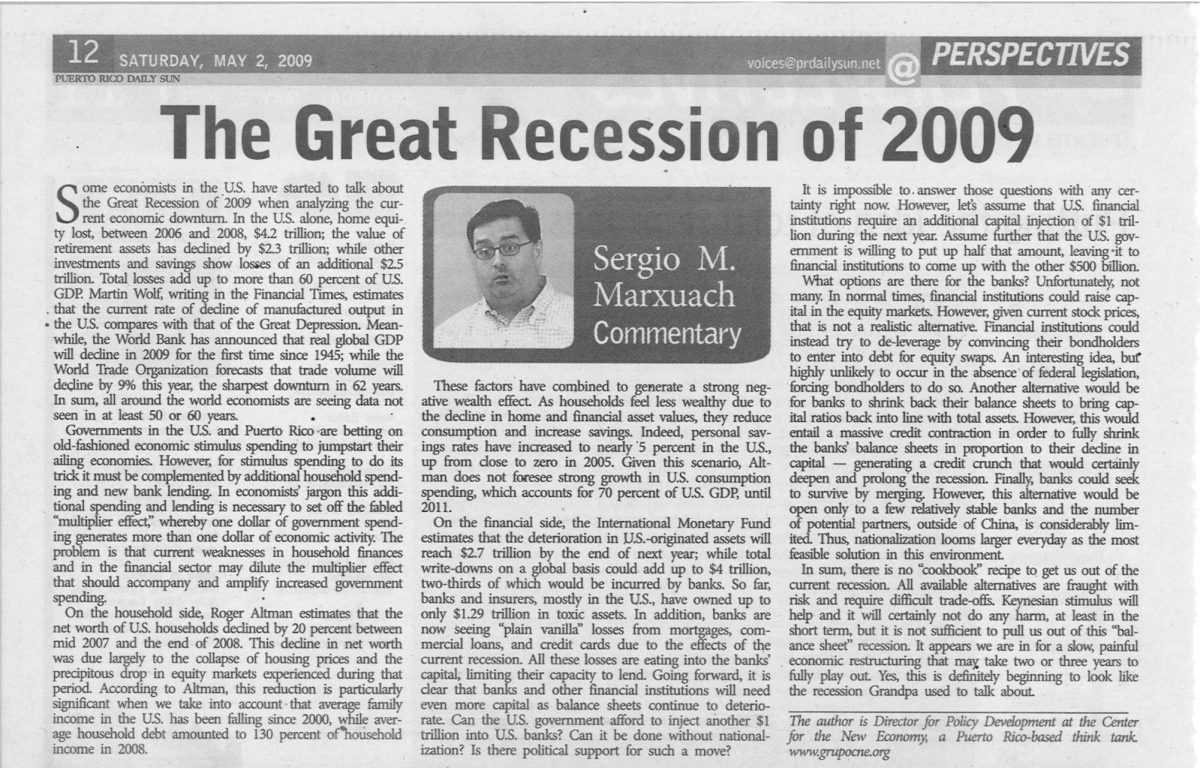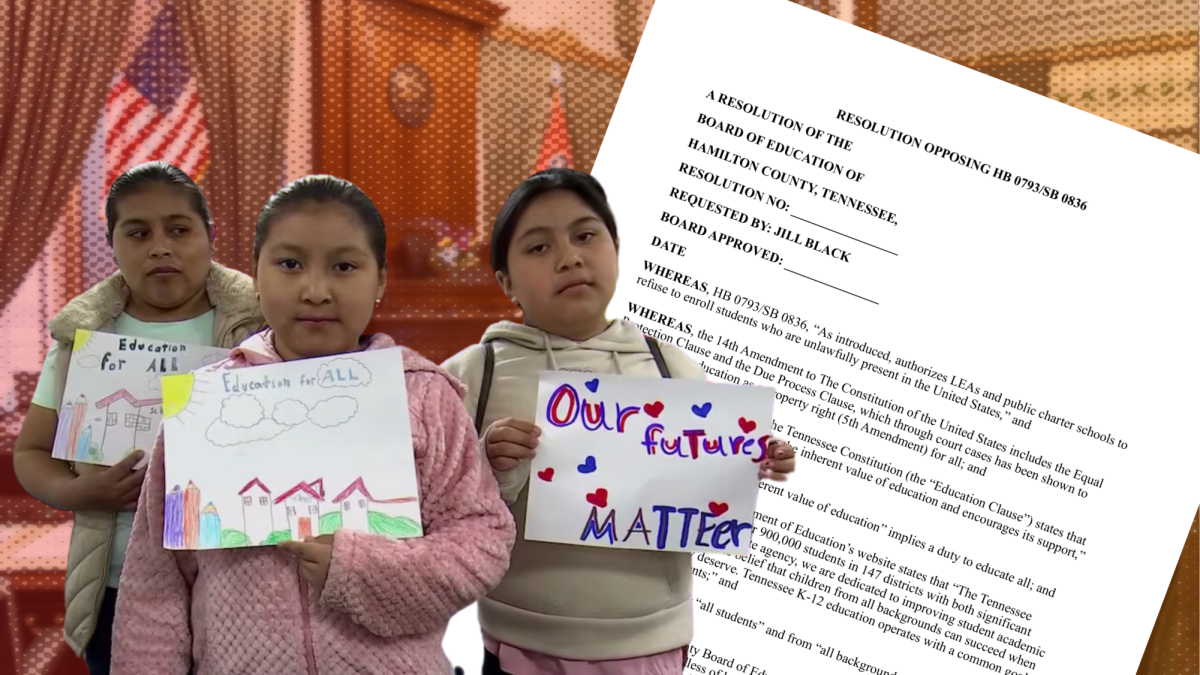The United States of America has long battled for the civil rights issues in our country to be solved. We’ve fought long and hard to remedy mistakes of the past, but perhaps we’ve lost sight along the way. In the struggle to give women and people of color equal rights and opportunities, we have begun to push their past discrimination onto others. If we wish to get past the division our country is in today, we must first get past this unintentional bias. Action must be taken and changes must be made, starting with the college education system. US colleges should provide equal opportunities by replacing minority scholarships with financial aid, limiting the amount of minority scholarships awarded, or substituting them for all-inclusive scholarships.
For hundreds of years, women were deprived of any sort of education, people of color were segregated, and white men had the upper hand. President Lyndon Johnson asserted that “You do not take a person who, for years, has been hobbled by chain and liberate him, bring him up to the starting line of a race and then say, “you are free to compete with all the others,” and still justly believe that you have been completely fair”. Indeed, giving people the same rights does not take away personal biases. Giving people the same rights may be meant to provide equal opportunity, but it doesn’t work unless the opinions of others are just as unbiased. It takes time to get rid of generational ideologies, and the minority must be helped until that has been rectified. That being said, the way to eliminate discrimination is not to delegate it to someone else. The fight to make right what was wrong has already begun, a new generation has been born, and past prejudices have been left behind. Different times and different people call for different solutions and updated procedures.
Universities around the country have been handing out minority scholarships for two reasons: to increase diversity and to provide financial aid. To help lower-class citizens reach their full potential and continue their education, the United States government gives out financial aid money to those whose yearly income is less than a certain amount. That said, it doesn’t have to all ride on the amount of money the government will give. Certain schools such as Penn State or Harvard, suggest that students of lesser incomes should be taken care of, but not before those of color. The New Republic reveals, “all minority students who earn a 2.5 grade-point average receive $620 a year, and all who earn a 2.75 average get $1,240, regardless of need. Whites, regardless of need, receive no such bonus. Harvard does not give race-based undergraduate scholarships, but does provide full tuition, room, and board to minority graduate students, regardless of need.” The claim that they need the scholarships to afford schooling is fallacious and misleading. If universities wished to take care of the needs of their students, these handouts would be given to those in need of support regardless of color, gender, or race. The students in need of financial support would get it from the university and the government. Of course, it is often said that people of color statistically have a lower income. This may be true, but those numbers are for each racial group as a whole. To lump everyone into the same group is not only demeaning but inaccurate. If people want to work on supporting those in need, they must focus on the individual instead of the group.
When it comes to the future of America, the question should not be “What about diversity?” it should be “Who is the most qualified?” There are scholarships for a variety of things, but if the institutions continue to put university money aside to be “inclusive”, there will be less money to give to the people who could make a positive change in the world. It is emphasized that “limiting the applicant pool for scarce scholarship money to Whites is nothing short of denying minorities opportunities.” The truth to this statement is significant and universally agreed upon and yet people allow the reverse to occur. It doesn’t matter who is considered privileged or underprivileged, by producing this double standard, more bias and discrimination are created. Statistics were found that delineate that “[t]he number of academic degrees conferred upon minority students has increased annually by 4.1% from 1988-89 to 1992-93. This is about double the growth rate among white students during the same time period.” Upon looking at this number, many will see the increase in minority students and think things are improving, but they forget that the minority is not everybody. While minorities must be given the chance to grow, white students have had no such growth. We must be paying attention and helping every student, not only those previously denied such aid.
In the Civil Rights Act of 1964, it is highlighted that “in operating a federally-assisted program the MTA and its sub-recipients cannot on the basis of race, color, or national origin, either directly or indirectly: Deny program services, aids, or benefits…” US colleges are given FAFSA and other fundings by the government to help promote education and serve the people. If any of the money given by the government goes into these scholarships or awards to minorities, it would violate the law. That is not to say that these scholarships are illegal, people outside of the government can donate to these schools, but that still does not make it right. The Civil Rights Act was implemented to prevent biases such as this. By ignoring this act and pretending it does not apply, the same cycle of disparity is being repeated.
True equality is giving everyone the same rights and opportunities, not giving everyone the same thing. If people wish to have equal education, they must replace the handouts for women and people of color with something such as financial aid or all-inclusive scholarships. We must put aside our preconceived notions and choose to acknowledge the inequality of giving one race or gender more opportunities than the others.
Washington University Law Review
TITLE VI OF THE CIVIL RIGHTS ACT OF 1964



























